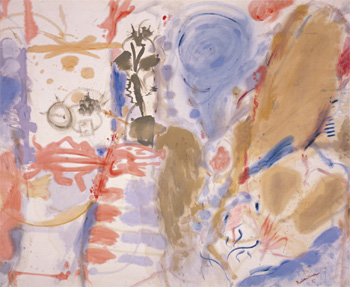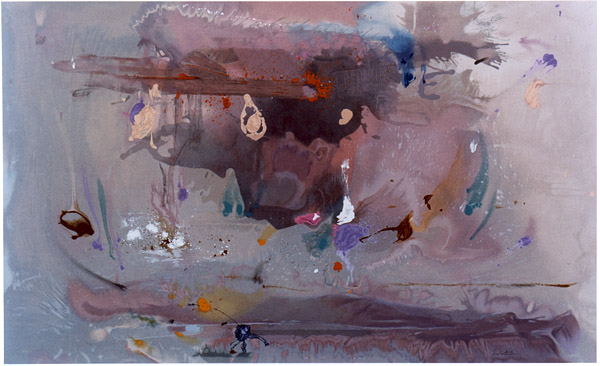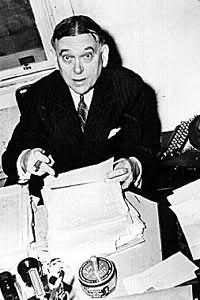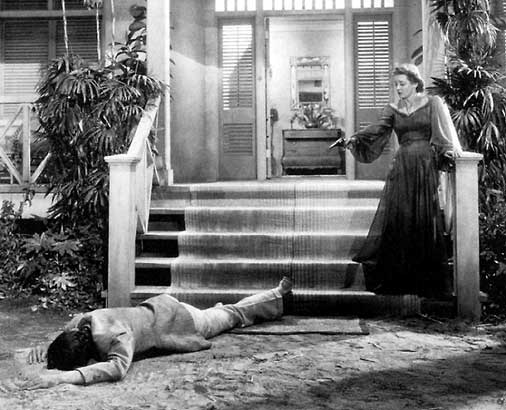Last night I heard wild cheering and honking horns in the streets of the Upper West Side of New York City. For my part I found myself thinking not so much of the immediate moment as of the increasingly distant past. I was born in 1956 and grew up in a small town whose public schools were segregated well into the Sixties. My father witnessed a lynching in the streets of that same town a quarter-century earlier, one whose perpetrators were never brought to trial.
A few weeks ago I finished writing the biography of Louis Armstrong, who even at the height of his fame continued to be treated by some Americans not as the culture-changing genius that he was but as a menial–an inferior, if you will. Barrett Deems, who played in Armstrong’s band in the Fifties, spoke years later of one terrible episode that had burned itself into his memory:
The [road] manager and I were the only two white guys in the organization, and here’s Louis with five or ten grand in his pocket, his wife with a twenty thousand dollar mink coat, and they both had to sleep in a gymnasium in North Carolina because they couldn’t find any accommodations. That was a killer. It takes the heart out of a man.
Henry James said it: we shall never be again as we were.

 I commend your attention to “Frankenthaler at 80: Six Decades,” which goes up at
I commend your attention to “Frankenthaler at 80: Six Decades,” which goes up at  It happens that Helen Frankenthaler is my favorite living painter, and the passage quoted above goes a long way toward explaining why, though I’d add one thing: she is one of the most enjoyable of the great American modernists, a painter who is unafraid to give pleasure and secure in the knowledge that to do so is a legitimate goal of modern art. Her work has been giving me intense and lasting pleasure ever since I started looking at paintings, and I’d surely write about this gorgeous show in The Wall Street Journal were I not the fortunate owner of one of her prints, “Grey Fireworks,” which hangs over the couch in my Upper West Side living room and of which Mrs. T and I are sinfully proud.
It happens that Helen Frankenthaler is my favorite living painter, and the passage quoted above goes a long way toward explaining why, though I’d add one thing: she is one of the most enjoyable of the great American modernists, a painter who is unafraid to give pleasure and secure in the knowledge that to do so is a legitimate goal of modern art. Her work has been giving me intense and lasting pleasure ever since I started looking at paintings, and I’d surely write about this gorgeous show in The Wall Street Journal were I not the fortunate owner of one of her prints, “Grey Fireworks,” which hangs over the couch in my Upper West Side living room and of which Mrs. T and I are sinfully proud. I ran across
I ran across  By then it was already clear that we were thinking along the same lines, if from slightly different angles: Paul was thinking like a poet, I like a craftsman. (That sums us both up pretty well.)
By then it was already clear that we were thinking along the same lines, if from slightly different angles: Paul was thinking like a poet, I like a craftsman. (That sums us both up pretty well.) What this correspondence makes clear is that from the very outset of our collaboration, we knew exactly what kind of opera we wanted to write. In addition to Tosca, Paul had in mind Alban Berg’s Wozzeck, while I was thinking more of Richard Strauss’ Salome, Benjamin Britten’s The Turn of the Screw, and Gian Carlo Menotti’s The Medium, but all of these works are concise, fast-moving, and melodramatic in the best sense of the word.
What this correspondence makes clear is that from the very outset of our collaboration, we knew exactly what kind of opera we wanted to write. In addition to Tosca, Paul had in mind Alban Berg’s Wozzeck, while I was thinking more of Richard Strauss’ Salome, Benjamin Britten’s The Turn of the Screw, and Gian Carlo Menotti’s The Medium, but all of these works are concise, fast-moving, and melodramatic in the best sense of the word.